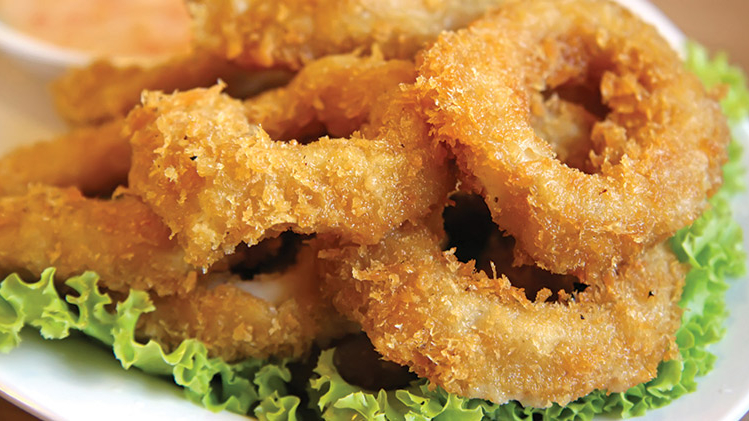Soaring cooking oil prices is currently a hot topic for any company involved in mass producing fried foods. Drought-affected harvests and the demand for raw materials from biodiesel plants – combined with Indonesia’s ban on palm oil exports and the war in Ukraine, among other factors – have exacerbated an already difficult situation, meaning pressure on food processors is growing.
The JBT Stein M-Fryer offers a solution. Using up to 25% less cooking oil in the tank compared with competitor systems, the M-Fryer offers a low consumption solution, which at the same time has been developed to prolong oil quality through gentle heating and sediment removal.
In fact, the M-Fryer will help customers make significant savings on cooking oil, while at the same time generating far less waste by avoiding the all-too-typical production cycle of large volumes of oil having to be thrown away due to spoilage.

No excess oil
“Due to the technology we use in our fryers, the way they are built, and the type of heat exchanger they have, the M-Fryer is able to have up to 25% less oil in the kettle than other competitors,” explains JBT Regional Solutions Manager Marcelo Scharlack.
“Having less oil means a quicker oil turnover and less oil waste. Excess oil will eventually spoil and has to be thrown away. And now the world is suffering a shortage of oil: Indonesia is shutting down palm oil exports, the war in Ukraine is not helping among other reasons, so oil prices are easily in the realm of €4 a litre and beyond. That’s hitting companies hard that use oil for frying.”

Design innovations
A key element of the M-Fryer is its design. A reduced tank volume means a smaller volume of oil is needed to fulfill the job – without prolonging process times. Meanwhile, the design of the heat exchanger, oil circulation, internal filters and sediment removal all serve to keep the oil quality better for a longer period of time.
“ We keep volumes low and the heat exchanging very gentle,” adds Scharlack. “Having up to 25% less oil will help companies make savings especially as prices for cooking oil are now so high.”

